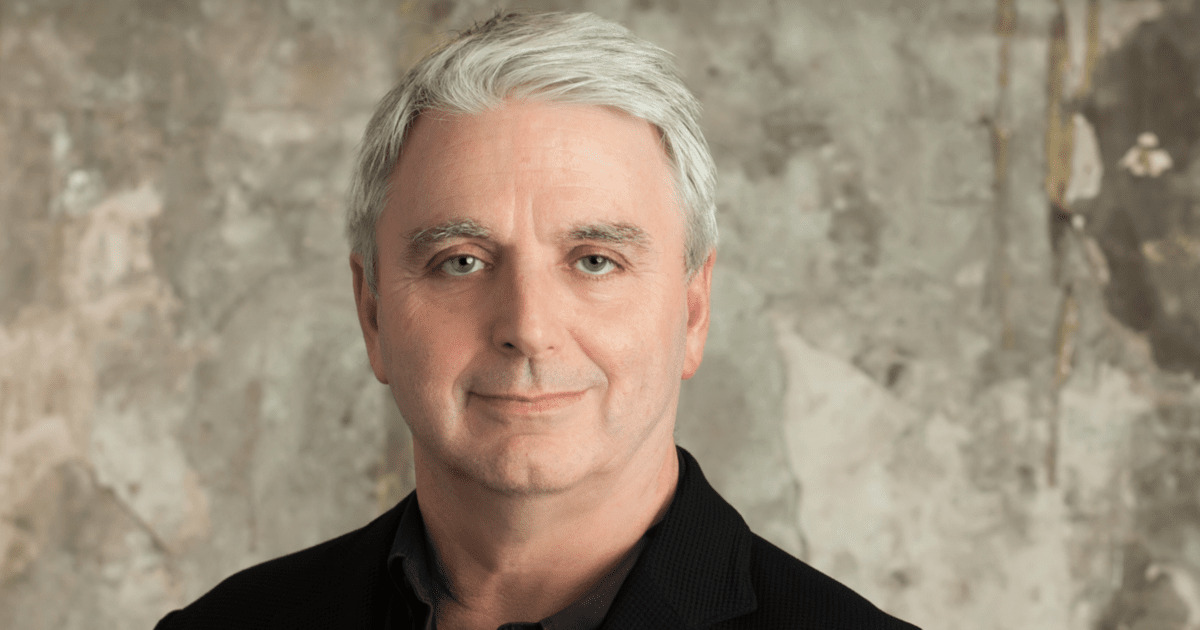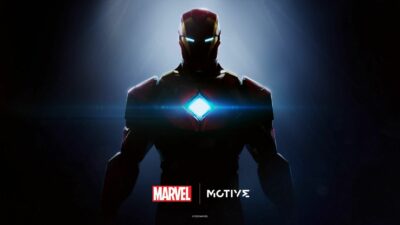
In the wake of widespread anger at Unity’s ‘Runtime Fee’ price plan, Unity has announced that John Riccitiello has stepped down as CEO.
John Riccitiello is no longer the head of Unity. In a press release issued yesterday afternoon, the company said that Riccitiello is immediately stepping down, and will be replaced by an interim.
“John Riccitiello will retire as President, Chief Executive Officer, Chairman and a member of the Company’s Board of Directors, effective immediately,” says the statement. “James M. Whitehurst has been appointed Interim Chief Executive Officer, President and a member of the Board. Roelof Botha, Lead Independent Director of the Unity Board, has been appointed Chairman. Mr. Riccitiello will continue to advise Unity to ensure a smooth transition.”
The press release also includes the following statement from Riccitiello: “It’s been a privilege to lead Unity for nearly a decade and serve our employees, customers, developers and partners, all of whom have been instrumental to the Company’s growth. I look forward to supporting Unity through this transition and following the Company’s future success.”

Unity’s board will now begin a “comprehensive search process” to find a permanent replacement for Riccitiello. His interim replacement, James Whitehurst, was previously the CEO of Red Hat, an open-source software provider, before becoming a senior advisor at IBM after it bought Red Hat in 2020. Since 2021 he has been a special advisor to the technology investment firm Silver Lake, which is one of Unity’s largest shareholders, owning just over 9% of the company.
Whitehurst has promised a “seamless transition”, and said that Unity is “well-positioned to continue enhancing its platform, strengthening its community of customers, developers and partners, and focusing on its growth and profitability goals”.
John Riccitiello joined Unity’s board of directors in 2013, and became CEO the following year. Before that he spent five years as the CEO of EA, where he famously championed microtransactions, once suggesting that players in Battlefield could pay $1 per reload.
Riccitello courted controversy last year when he said that developers who don’t focus on monetization are “f***ing idiots”. He has spent the past few years attempting to drive Unity towards profitability after years of losses, which has led to around 1,100 redundancies at the company since June 2022.

But the biggest controversy came last month with the much-derided Unity Runtime Fee price plan, where the company proposed to charge developers a fee every time one of their games was installed. The move led to widespread anger from developers, who quickly pointed out all of the ways it could be potentially ruinous and unworkable, or even hijacked for abuse. Soon, a growing number of companies vowed to quit using Unity in favour of rival platforms such as Unreal or Godot.
Unity apologised for the ‘confusion and angst’ caused by the move, and later unveiled a reworked plan in which the Runtime Fee charges would be self-reported and wouldn’t apply to previously released games. But whether that move was enough to restore trust in the company is debatable. Perhaps Riccitiello’s departure will be another step towards restoring that trust.
Gregorios Kythreotis, co-founder of Sable developer Shedworks, has previously railed against Unity’s Runtime Fee plan, but he welcomed the news of John Riccitiello stepping down. “Let’s see who replaces him but potentially a big step in the right direction here,” he said on X (aka Twitter). “Would make a huge difference in how I feel about Unity going forward. I still think they should strongly reconsider their new terms or at least how soon they are implemented.”
For others, however, the move changes little. Mega Crit, the developer of Slay the Spire, had previously vowed to use Godot rather than Unity for its next game, and even Riccitiello’s departure hasn’t changed that plan.
I said a few weeks back that the Runtime Fee debacle was John Riccitiello’s Don Mattrick moment, echoing the disastrous reveal of the Xbox One. Like Mattrick, Riccitiello has now stepped aside in the wake of the chaos – but who knows how long it will take for the damage to be undone.
Read more: Unity and the enshittification of the games industry





